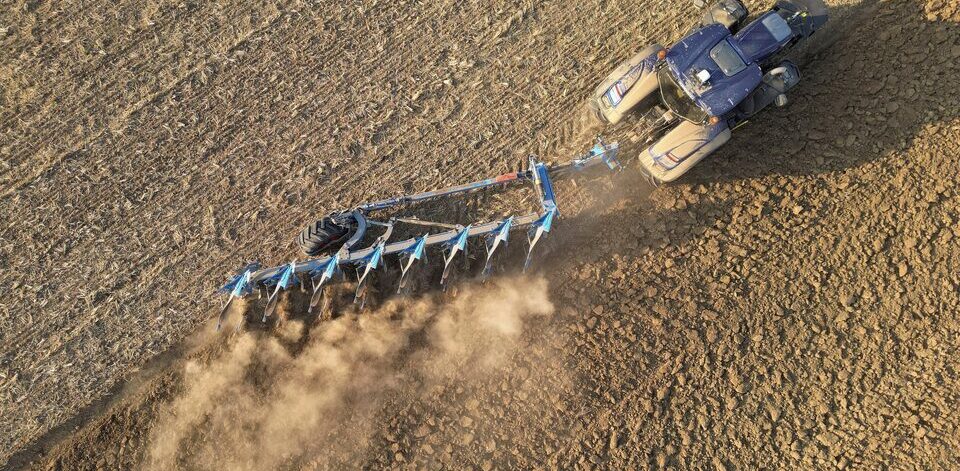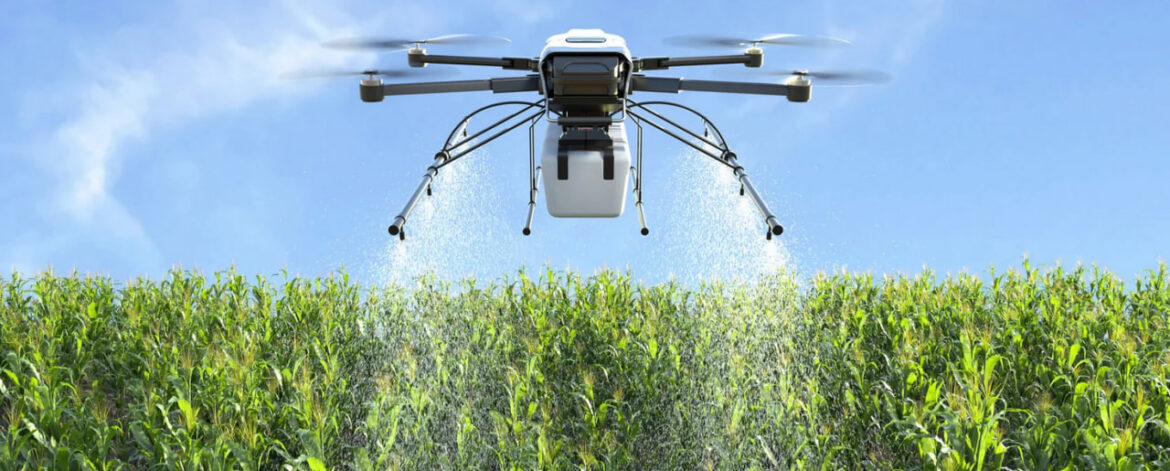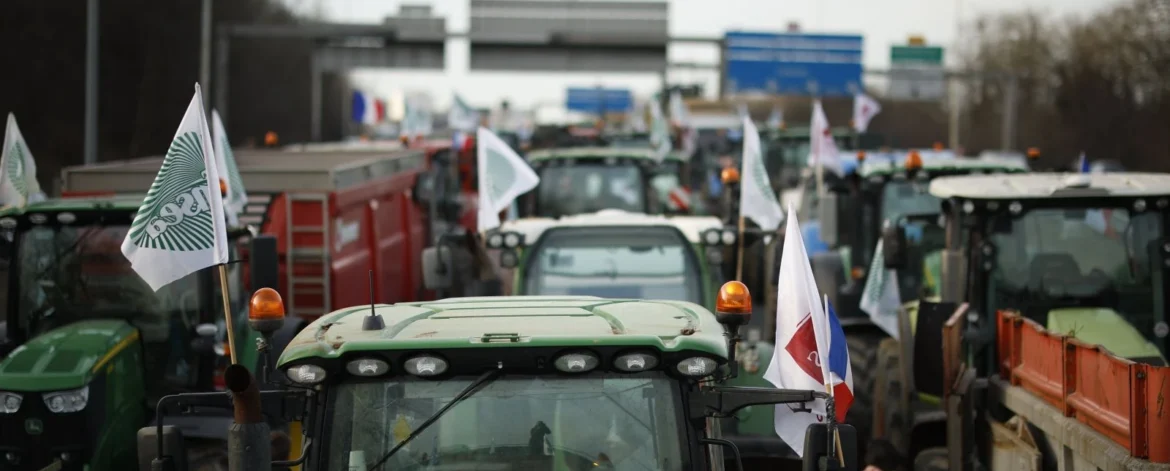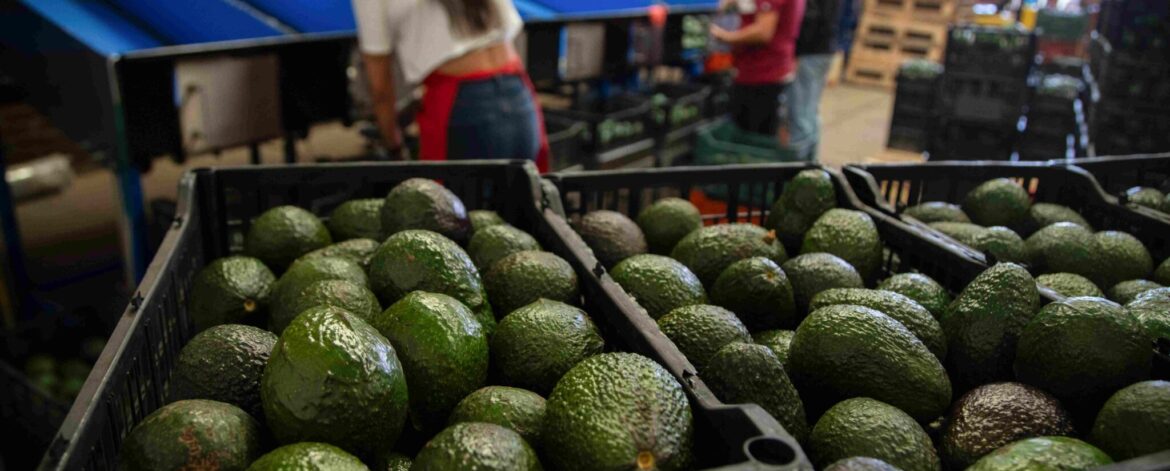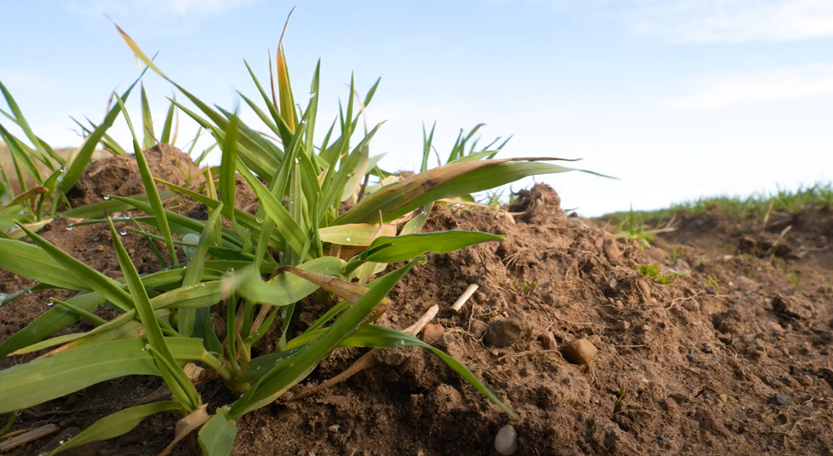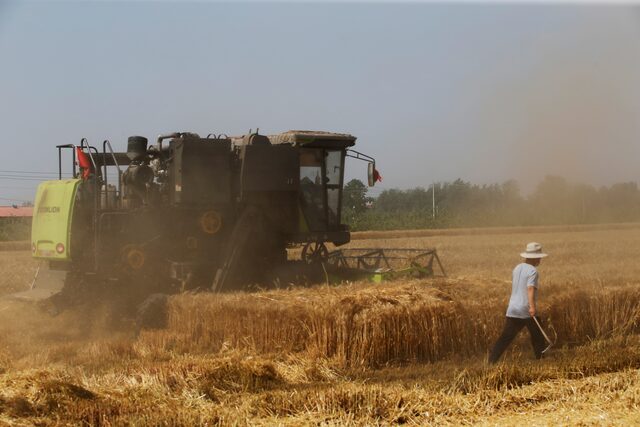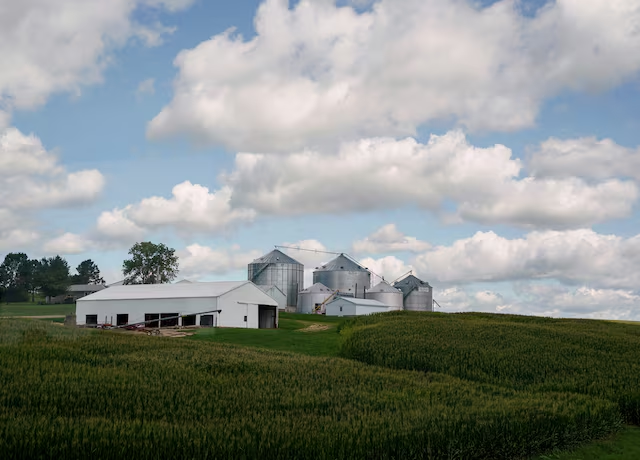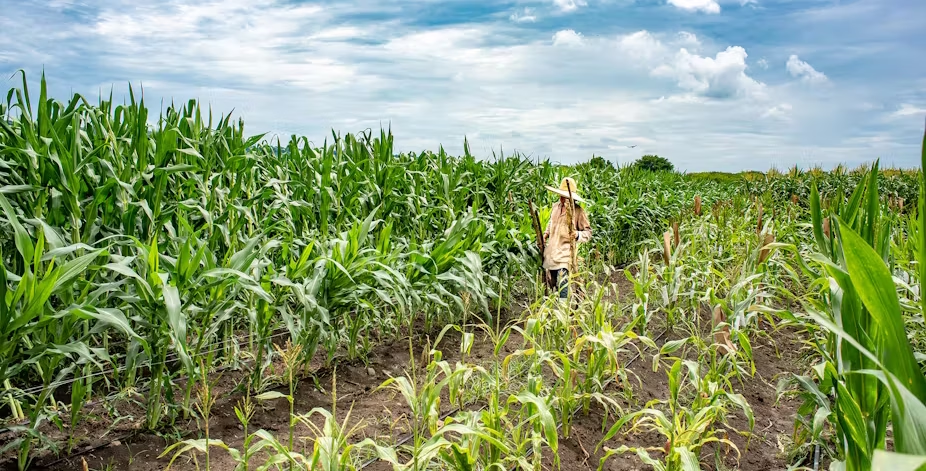A recent EU-backed report reveals that extreme weather events, intensified by climate change, cost European farmers an average of €28.3 billion annually. With only a fraction of these losses insured, the agricultural sector faces escalating risks, particularly in drought-prone regions like southern Europe.
Spraying using agricultural drones
Introduction Agricultural drones equipped with spraying systems have revolutionized the way farmers apply fertilizers, pesticides, and other essential plant inputs. This modern approach, using unmanned aerial vehicles (UAVs), enables the spraying of liquids with exceptional speed and precision, and it is…
EU Proposes Further Rollback of Green Rules in Farming Subsidy Scheme
The European Commission has proposed easing more environmental requirements under the EU’s Common Agricultural Policy (CAP), aiming to reduce red tape for farmers but sparking backlash from environmental groups.
U.S. Suspends Mexican Avocado Imports Following Threats to Inspectors
In April 2025, the U.S. Department of Agriculture suspended avocado imports from Mexico after a USDA inspector received a threatening call while conducting inspections in Michoacán. The USDA’s Animal and Plant Health Inspection Service paused inspections to ensure the safety of its personnel, stating that the suspension would remain until appropriate security measures were in place.
Global Grain Markets Face Uncertainty Amid Weather Risks and Trade Policy Shifts
The Farm Advisory Service’s April 2025 report highlights significant volatility in global grain markets, driven by unpredictable weather patterns and shifting trade policies. While initial forecasts for the 2025/26 season anticipate a rise in global grain production—led by increases in maize, wheat, and barley—spring weather risks remain a significant influence. In Brazil, April rainfall will be a decisive factor in determining the yield potential of the second corn crop. Elsewhere, the threat of drought or late frost in key producing areas including Europe, Russia, the US, and Brazil could disrupt production estimates and trigger price volatility.
China Unveils Comprehensive Rural Revitalization Strategy to Enhance Food Security
China has announced plans to intensify its rural reforms to revive the agricultural sector and ensure food security amidst U.S. tariffs, economic challenges, and climate change. The yearly rural policy framework, the “No.1 document” from the State Council, includes enhancing rewards and subsidies for crucial grain-producing areas and pushing for biotech cultivation industrialization. In 2024, China recorded a grain production peak of 706.5 million tons, a 1.6% increase from the prior year.
Trump Administration Terminates $3 Billion Climate-Smart Agriculture Program, Citing Misaligned Priorities
The Trump administration has scrapped a $3 billion program designed to help U.S. farmers adopt climate-smart practices, citing concerns over administrative costs and strategic misalignment. Originally launched under President Biden, the initiative had backed over 100 projects across all 50 states to support carbon-cutting and soil-health improvements in agriculture. The USDA now plans to redirect the funding under stricter conditions to ensure more direct support reaches farmers.
McDonald’s Embraces Regenerative Agriculture to Secure Supply Chain and Meet Climate Goals
Facing increasing climate-related challenges, McDonald’s is steering its agricultural practices towards regenerative agriculture to enhance supply chain resilience and meet climate goals. Led by Chief Sustainability Officer Beth Hart, the fast-food giant is investing in sustainable farming techniques, including cover cropping and reduced tillage, to cut agriculture-linked emissions by 16% by 2030 compared to 2018 levels. Through collaborations with partners like Syngenta and FAI Farms, McDonald’s is piloting innovative practices across the U.S., Canada, and the UK, while fostering farmer-to-farmer networks to promote the adoption of regenerative methods.
Severe Hailstorm Damages Crops in Russia’s Stavropol Region Amid Extreme Weather
A powerful hailstorm has struck Russia’s Stavropol region, the country’s third-largest wheat producer, damaging crops and raising concerns over the 2025 harvest. With extreme weather already affecting much of European Russia, officials and analysts are warning of potential export restrictions if yields fall significantly.
AfDB Launches $2.2 Billion Drive to Transform Nigeria’s Agriculture and Cut Food Imports
The African Development Bank is spearheading a $2.2 billion initiative to establish agro-processing zones across 28 Nigerian states, aiming to boost food security, cut post-harvest losses, and reduce the country’s heavy reliance on food imports.


